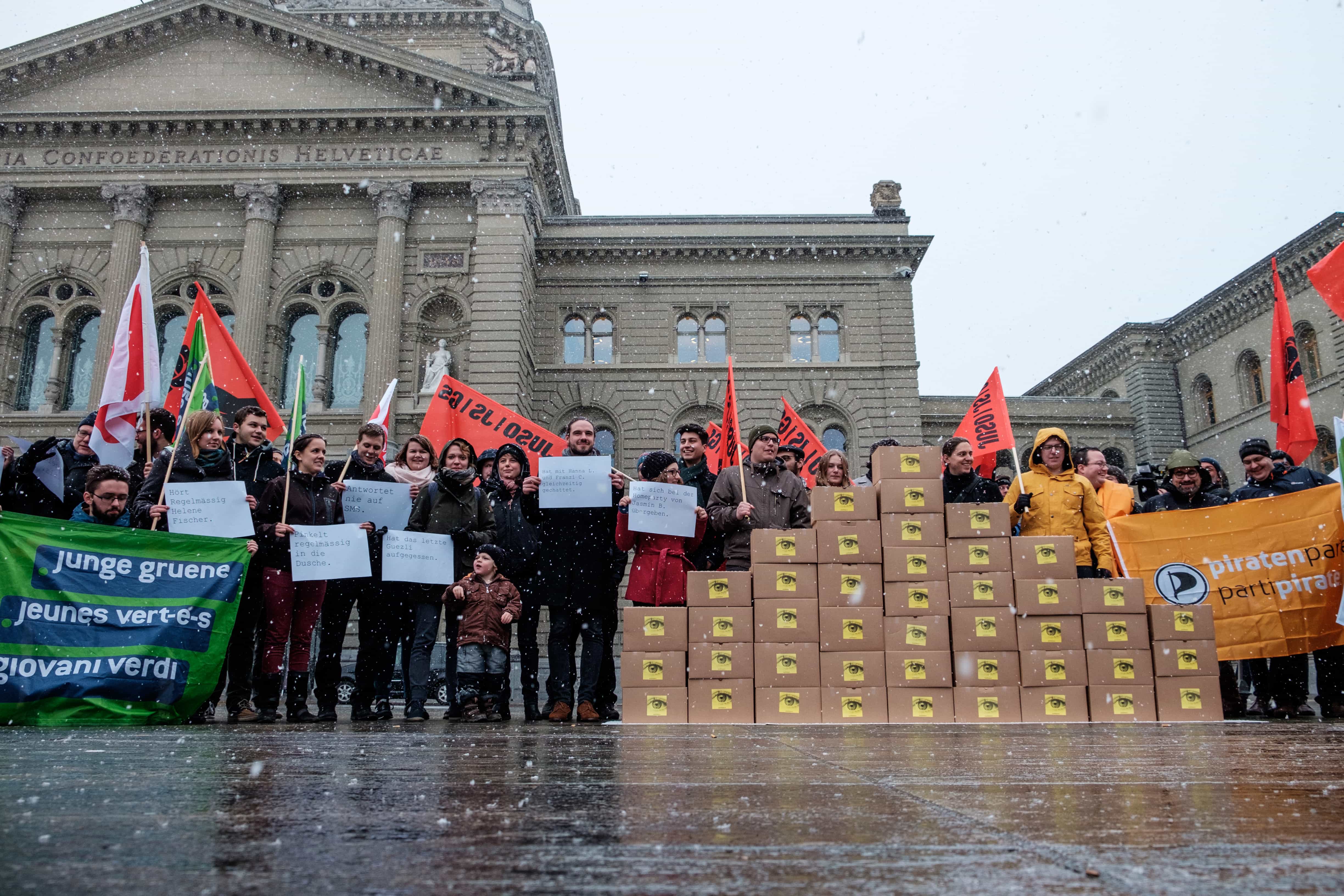A Swiss court has ordered a journalist to testify against his source in a drug dealer case that was published on the Swiss German-language daily, Basler Zeitung in October 2012. According to Article 28a of the Swiss Penal Code, journalists and media organisations have the right to protect their sources.
The European Federation of Journalists (EFJ) [an affiliate of the International Federation of journalists] has criticised the Swiss court decision to order a journalist to testify against his source in a drug dealer case that was published on the Swiss German-language daily, Basler Zeitung (BaZ) in October 2012.
“This is a blatant breach of the right of journalists to protect confidential sources,” said Ricardo Gutierrez, EFJ General Secretary. “Protection of sources is a right guaranteed by the Swiss Federal Constitution (Article 28a) and European Convention on Human Rights that guarantee press freedom.”
The EFJ affiliate in Switzerland, impressum, has also condemned the decision saying that it is “scandalous”.
“This has a counter-productive effect for the authorities and the public interest because without this information they will not start the investigation at the first place,” said Urs Thalmann, Secretary General of impressum.
According to Article 28a of the Swiss Penal Code, journalists and media organisations have the right to protect their sources. This protection also extends to the identity of the author (in case of anonymous publication), the content of the publication and all research materials used. It also shields journalists and media premises from search and seizure.
In June, The Basel Appeal Court ruled that the journalist shall not reveal his source under the Swiss law on protection of sources. However, the Federal Court has ruled today [20 February 2014] that the journalist must provide testimony against his source in order to persecute the drug dealer mentioned in the news article. The High Court argued that the right to protect sources shall be compromised when it comes to ‘serious criminal’ prosecution.
“It is crucial that journalists are able to offer adequate protection to their sources in order to produce responsible investigative journalism,” emphasised Gutierrez. “But this decision will serious damage the trust between the sources and journalists and prevent investigative journalism.”

